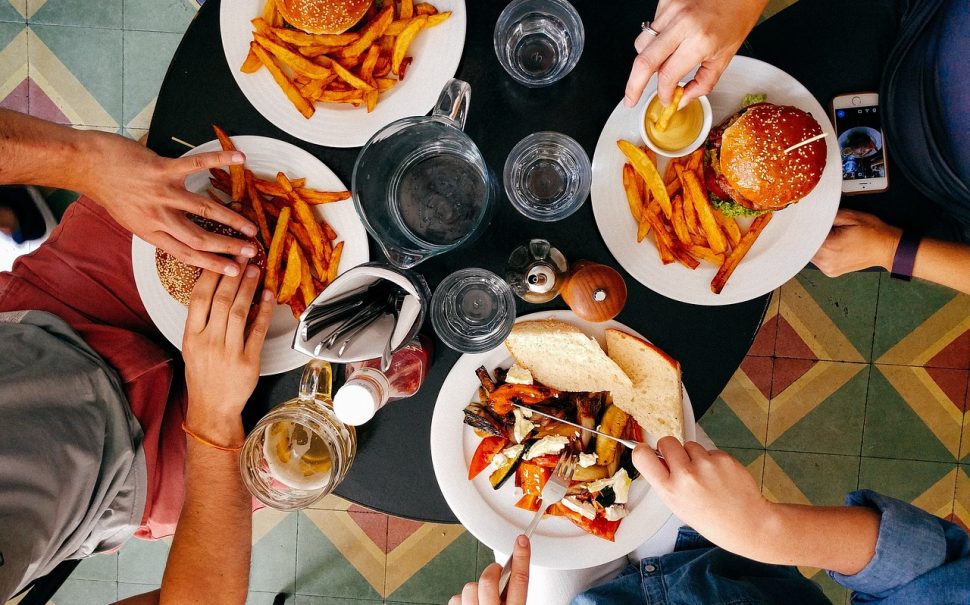One year ago, the UK government announced mandatory calorie counts on menus for restaurants with more than 250 employees in a bid to tackle rising obesity levels.
But, a year on, its efficacy remains questionable.
An NHS report released last year reported a record number of children and young people requiring treatment for eating disorders, a 25% increase from the year before.
Senior Assistant Psychologist Alice Thompson worries this number may continue to rise, and that the calorie counting measures are exacerbating pre-existing issues.
She said: “It has been a hugely damaging measure so far, and I know we in the NHS have likely not even seen the full extent of it yet.
“With my patients, we’ve had to host workshops on it because it set our patients back by so much.
“I think there should be options for those that would like to see the calories, but these should be given on separate menus and not be the standard as soon as you sit down.”
Beat, the UK’s leading eating disorder charity, also published a report last year, urging the government to reconsider the measure.
Their research found 93% of respondents felt introducing calorie labelling on menus would be ‘negative’ or ‘very negative’ for eating disorders and may provide substantial obstacles in individual recovery.
23-year-old Jessica* from Bristol, who has historical struggles with disordered eating, agreed with the survey’s results.
She said: “It is incredibly triggering to see directly. It has affected me and others who are now afraid to go out with friends to eat or drink again.
“I had to work hard to overcome this and this has set me back by a lot.”
Stress and anxiety are reported as direct consequences of calories on menus.
The government acknowledged this possibility, and its guidance encourages outlets to provide alternate menus without calories available for individuals to request.
However, Jessica claimed this is not helpful.
She added: “For me, there is a lot of shame around my eating disorder, so the last thing I want to do is disclose this to an individual I have never met before.”
Independent scientific data on the efficacy of this legislation in the UK is not currently available.
Nevertheless, one study from the University of Minnesota concluded the probability of noticing calories increased but did not improve the estimation of calories purchased.
In 2019, another study on calorie labelling in fast-food outlets found no overall average reduction in calories purchased.
Notably, a slight reduction in purchased calories does not necessarily translate into a causational decrease in obesity, which is an issue of further complexity.
Maureen Sanders, a London-based dietician specialising in eating disorders, expressed this concern.
She said: “In my experience as a dietitian, obese individuals rarely manage to keep weight off through diet alone. The best way I’ve found is following a balanced diet, banning no foods.”
Sanders believes that unlike packaged food calorie labelling, which, although consistently unhelpful for most eating disorder patients, can be helpful in certain health conditions, restaurant calorie labelling is unnecessary.
She added: “Most people don’t eat out at restaurants very often, and it can take the joy out of enjoying a meal out. It’s unhelpful for people with eating disorders yes, but I also think it’s unnecessary in general.”
For Sanders, tackling obesity is a multi-faceted issue that needs to be addressed as such and she believes there is no simple answer.
She added: “Perhaps more research on why people become obese could help target more efficacious treatments, but also help reduce negative attitudes towards obese people.”
A spokesperson for the Department of Health said: “Obesity costs the NHS an estimated £6.5 billion a year and is the second biggest cause of cancer in the UK.
“Clear food labelling plays an important role in helping people make healthier choices for themselves and their family when eating out or getting a takeaway.
“It may also encourage businesses to reformulate and provide lower calorie options.
“We carefully considered the views of a wide range of experts in response to our public consultations on calorie labelling, including expert advice from organisations such as Diabetes UK.”
*Name changed for anonymity





